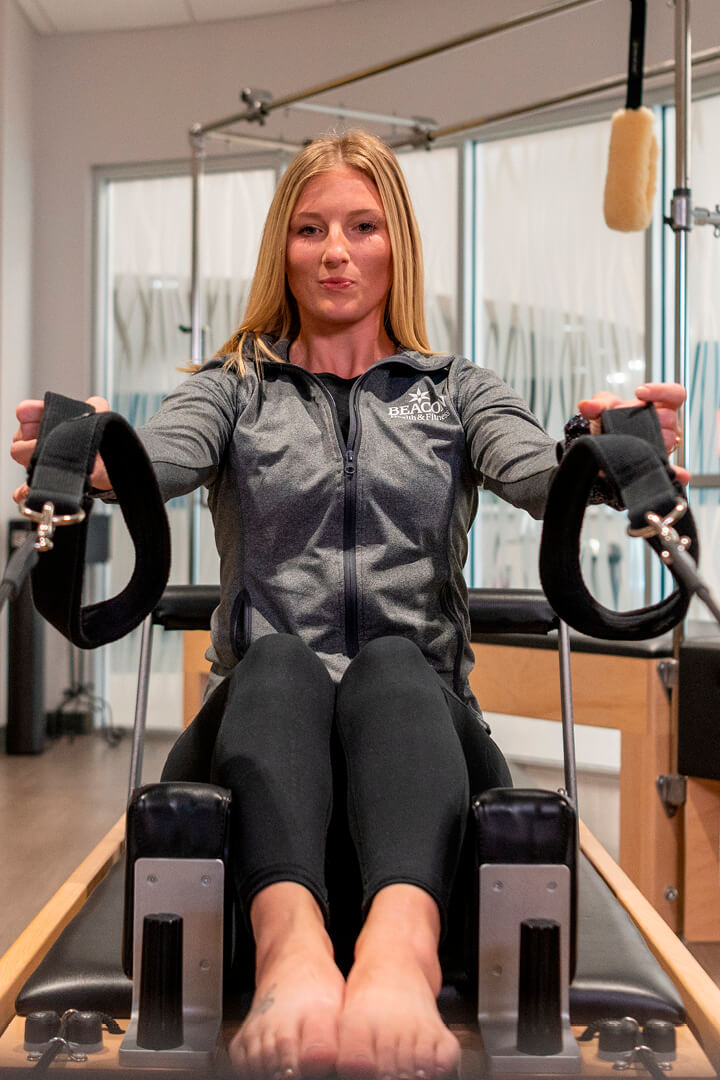[vc_row css_animation=”” row_type=”row” use_row_as_full_screen_section=”no” type=”full_width” angled_section=”no” text_align=”left” background_image_as_pattern=”without_pattern”][vc_column][vc_column_text]
[/vc_column_text][/vc_column][/vc_row][vc_row css_animation=”” row_type=”row” use_row_as_full_screen_section=”no” type=”full_width” angled_section=”no” text_align=”left” background_image_as_pattern=”without_pattern”][vc_column width=”2/3″][vc_column_text]Are you addicted? Not to drugs, or even coffee, but a uniquely North American craving: productivity. And the holidays and New Year can get us looking for our fix more than ever.
Research shows that checking things off your to-do list releases dopamine like any other addiction. It can leave us with an urge to do even more. Try to be obscenely productive for too long and you’ll encounter some of the following symptoms: falling asleep over work, compulsive technology use, an absence from important family events, an inability to savor silence or a couple hours alone—all things that may make you more productive in the short run, but will never make you more content on your deathbed.
The anecdote? Re-learning to do nothing. Or rather, to just see what happens, without any expectation of achievement or getting ahead. It’s very possible to be comfortable, have fun, rest and enjoy others while arguably important things sit undone. Not easy for all of us, it’s worthwhile for productivity addicts to start being…well, a little ineffectual, at times.
And this big question is important: What is productivity anyway? Do we really want to measure the quality of our lives by how many small tasks we complete? Or is making our lives productive more about relationships, ideas, and appreciation? If that’s the case, talking with an old friend is more “productive” in terms of generating meaning than say, vacuuming the house, or writing up the notes to that meeting. Certainly, there are things that have to be done (often overestimated). But there are also things, like the missed opportunities of quality time with a child now grown, that many highly productive people are left with—they’re called regrets.[/vc_column_text][/vc_column][vc_column width=”1/3″][vc_single_image image=”857″ img_size=”medium” qode_css_animation=””][vc_column_text]
Bridget Hardy
BHardy@beaconhealthsystem.org
[/vc_column_text][/vc_column][/vc_row]





